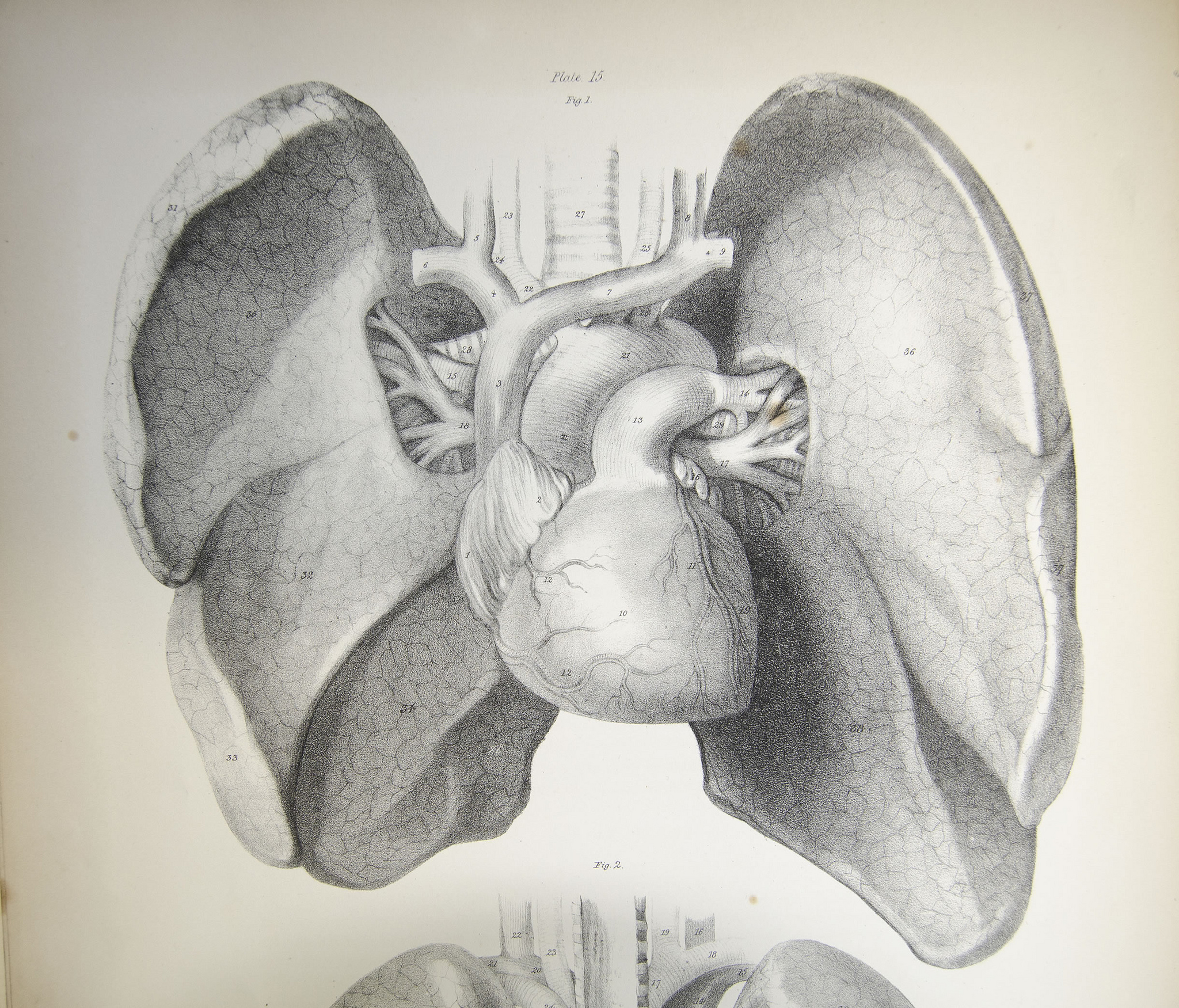One of the leading causes of death for both men and women is myocardial infarction, more commonly known as a heart attack. Warning signs of a heart attack include discomfort in the upper areas of the body and particularly the chest, shortness of breath, nausea, lightheadedness, and back or jaw pain. Women are more likely to experience these symptoms than men.
The current method of diagnosing a heart attack is by a procedure called percutaneous coronary intervention (PCI), during which an angiogram is taken to examine blood flow to the heart and test how well the heart is pumping. Heart attacks require immediate medical attention, and one drawback of PCI is that it is not the fastest. However, in a new study from Ulsan National Institute of Science and Technology (UNIST) in South Korea, a team of researchers led by Professor Jaesung Jang may have found a faster and more reliable way to diagnose heart attacks. Reported in Biosensors and Bioelectrics, the study describes the team’s electric immunosensor that can detect a heart attack in no more than one minute (an immunosensor can measure antigen-antibodies complexes and translate this into an electric signal readout). The immunosensor measures the level of a protein called cardiac troponin I (cTnI), which is released by the heart muscle into the blood immediately after a heart attack and is a signal of heart damage. Through the use of special sensors that utilize dielectrophoretic (DEP) forces, the immunosensor can measure cTnI in just a single droplet of blood.
Image Source: Scott Tysick
This immunosensor is a great improvement on current methods of diagnosing heart attacks because of how much faster it allows the identification of heart attacks. This quicker approach could potentially lead to higher heart attack survival rates in populations across the world. It could also be used as a platform to detect other diseases with serum protein biomarkers, thereby greatly benefitting the biomedical field.
Feature Image Source: “Anatomy of the lungs and hearts” by University of Liverpool Faculty of Health & Life Sciences










